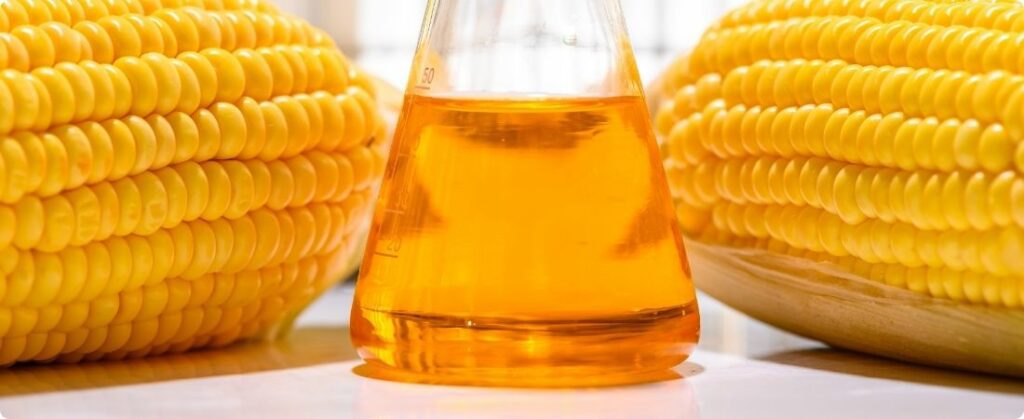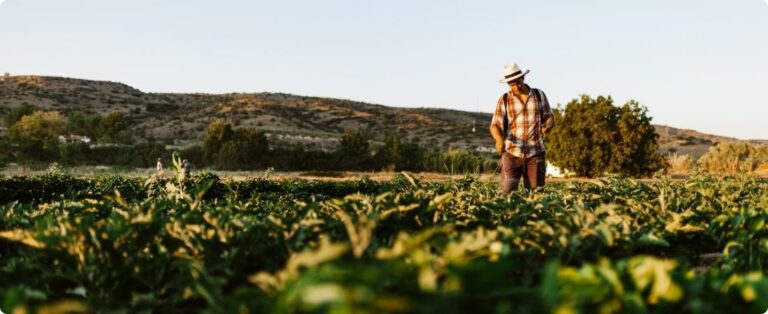
Aboissa was present at 2nd UNEM DATAGRO International Conference, one of the most relevant meetings on corn ethanol, consolidating our commitment to the main bioenergy agendas in Brazil.
Strategic Overview of Corn Ethanol in Brazil
The corn ethanol chain is rapidly expanding. Just a decade ago, domestic production was a modest 80 million liters. Today, we have surpassed 8 billion liters, and projections are even more promising, indicating that this volume could reach 16 billion in the coming years. In 2024 alone, Brazil exported to 14 countries — a significant leap that reveals the competitive strength and robustness of this new energy frontier.
Furthermore, with a diversified matrix — sugarcane and corn — Brazil is today the only country in the world with a large production of two types of ethanol. And corn is here to stay: its competitiveness, high return and generation of co-products such as corn oil and the DDGs (high-value protein bran in animal nutrition) reinforce the synergy between energy and food security.
Relevance of Mato Grosso (MT)
During the event, an overview of Mato Grosso's leading role was presented. The state built the country's first corn ethanol plant. Today, it is the second largest national producer, with 5.5 billion liters. Furthermore, it is expected to reach 10 billion in the coming years.
In this context, Aboissa closely monitors this development. More than that, it acts strategically in the region.
At the same time, it does not neglect other essential hubs, such as Goiás (GO) and Mato Grosso do Sul (MS). In these states, dedicated commercial routes are often necessary to strengthen relationships with the main agents in the sector.
Market Insights and Projections
The conference brought relevant analyses:
- Plinio Nastari (DATAGRO), highlighted that ethanol has been 7.5% cheaper than gasoline since 2023, which makes its blending with gasoline a tool for competitiveness and sustainability.
- William Nolasco (UNEM), reinforced that growth exceeded the decade's expectations and warned of the need for greater synergy between the productive sector and the public authorities.
- Carlos Favaro (MAPA), emphasized the role of ethanol in the “Fuel of the Future” project, which strengthens the integration between ethanol, SAF (sustainable for aviation) and marine biofuels.
Corn ethanol has proven to be a fundamental pillar in the Brazilian energy transition, contributing to decarbonization, generating new jobs, stimulating the production of animal protein, and above all, reinforcing Brazil's role as a global leader in sustainable bioenergy.
At Aboissa, we remain attentive and committed to the transformations of the energy matrix and agribusiness, connecting market intelligence, strategic partnerships and sustainable values to build a future with greater efficiency, competitiveness and security for all.















